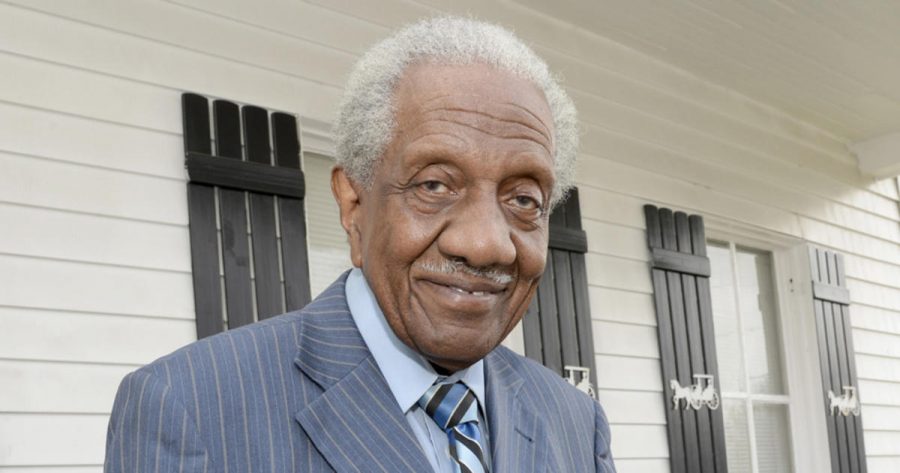Signing Ceremony for Exhibit Honoring Selma’s “Courageous-Eight”
These eight individuals led the peaceful protests in Selma that culminated in the 1965 Selma to Montgomery March
October 14, 2019
A Memorandum of Understanding (MOU) will be signed during a news conference between Alabama State University’s Levi Watkins Learning Center’s (LWLC)Archives and the Courageous Free Thinkers Committee of the Selma-Dallas County Friends of the Selma to Montgomery National Historic Trail Association.
The news conference and signing ceremony will be held at the ASU Library (LWLC) on Wednesday (Oct. 16) at 1 p.m., which is located at 1140 N. University Drive.
Those participating in the news conference and in the signing ceremony will be Dr. Janice Franklin, dean of the Levi Watkins Learning Center, Dr. Howard H. Robinson II, ASU archivist, and the Rev. James Perkins, chairman of the Courageous Free Thinkers Committee. and the pastor of Selma’s Ebenezer Missionary Baptist Church where the leader of the “Courageous Eight” – Rev. F. D. Reese – served as its pastor for 50 years.
Under the partnership agreement, ASU and the Courageous Free Thinkers Committee, will manage a traveling exhibition based on Selma’s voting rights activists, who historians refer to as the “Courageous Eight.” Those eight peaceful protesters were leaders advocating voting rights, equality and justice for all people regardless of race during the historic and turbulent 1960’s in Selma, and Dallas County. The “Eight” were Rev. F.D. Reese, Ulysses Blackmon, Amelia Boynton-Robinson, Ernest Doyle, Marie Foster, James Gildersleeve, Rev. J.D. Hunter and Rev. Henry Shannon.
All eight of these individuals also played important roles in the 1965 Selma to Montgomery March, which historians say led to the enactment of the 1965 Voting Rights Act by the U.S. Congress.
ASU will house and exhibit framed pencil portraits of the “Courageous Eight” in an exhibition of the same name as part of its forum and series of celebrations relating to the Voting Rights history in Alabama. After its premiere at ASU, the exhibition will travel across the nation to various Historically Black Colleges and Universities.







